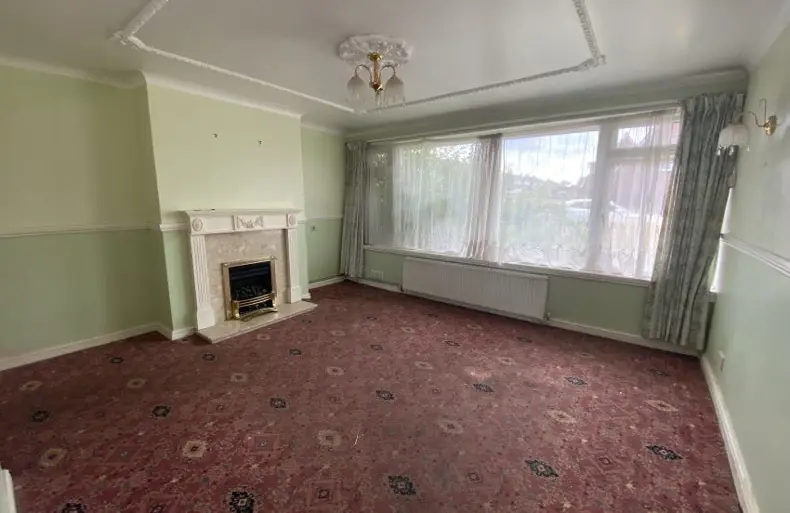The UK is in the grips of a housing shortage and, though the government has pledged to tackle the crisis by building 300,000 new homes a year, it has repeatedly fallen short of its target. Housebuilders are under pressure to produce more and more new homes, but most are battling supply chain disruptions, rising build costs, and labour shortages – a triple threat that led 360 smaller developers to go bust last year according to Price Bailey.
Meanwhile, across the country, there are approximately 600,000 homes standing empty, with an estimated 240,000 – or 40% – having been empty for over six months. Given the nation’s chronic need for housing, these empty homes are a serious waste of limited resources.
More than a moral scourge, empty homes can be the bane of a neighbourhood, negatively affecting the look, and thus pricing, of an area and attracting antisocial behaviour. Compulsory purchase orders (CPOs) – a legal procedure by which local authorities can demand that property owners sell their interests, if they obstruct any development that benefits the greater public good – are sometimes an option for tackling the problem of empty homes, though the process is complex and rarely used by councils, which are already pressed for time, funds and manpower.
Which means that not only do we have the need to bring more homes into use, we have the want from both communities and the government. So, what can be done to bring this stockpile of ready-made housing to the market more effectively?
The government seems to have accidentally come close to the solution while trying to deal with a separate issue. Whilst the recent introduction of compulsory rental auctions has been widely criticised for missing the mark as a solution on why high street retail is struggling, the policy does hint at an approach that might make bringing empty homes back into use easier: incentivising property owners to consider the wider benefits of the community.
With both the likes of high street retail and the nation’s empty homes, the issue isn’t the landlord’s unwillingness – far from it. In the former, it’s often the burden of business rates amid troubles in physical retail; in the latter, it’s often a lack of resources and knowhow to make the most of their assets.
That is to say, the landlord is very rarely to blame. Instead, it’s frequently a mix of lack of awareness of the options available, inadequate support to access them, and financial and regulatory barriers that prevent even those with the best intentions from making progress.
Many owners of empty homes have inherited properties they can’t afford to modernise, or have bought them many years previously and don’t have the funds to maintain them. These dilapidated homes struggle to sell or find tenants, and owners are left with empty properties. This problem is only set to become worse as buy-to-let landlords struggle to improve the EPC ratings of their assets in-line with incoming regulations.
In some of these instances, auction sales might be part of the solution. Disposing of surplus houses by way of auction provides a seller with certainty and a legally binding contract within a short timeframe, even if the property isn’t maintained to a high standard. We typically experience significant demand for these types of assets among professional investors (and those inspired by Homes Under The Hammer!).
Another move that once again has parallels to the high street would be to simplify the CPO process. As per think tank Radix’s proposals for rejuvenating our town centres, backed by the likes of the British Property Federation and High Streets Task Force, increasing councils’ powers for CPO usage can improve the outcome for communities. Currently, the use of CPOs is largely limited to instances where retained property interests obstruct big infrastructure projects, such as HS2, or large-scale regeneration schemes; rarely do empty homes fall under this umbrella. And while CPOs have to be carefully considered, and there are plenty of good reasons a property owner may have an empty home, there is an argument for more community-led approaches in last resort situations.
If we educate property owners on the options available, including auctions, and shift the focus to community empowerment, we would surely see many more empty homes back in use.




